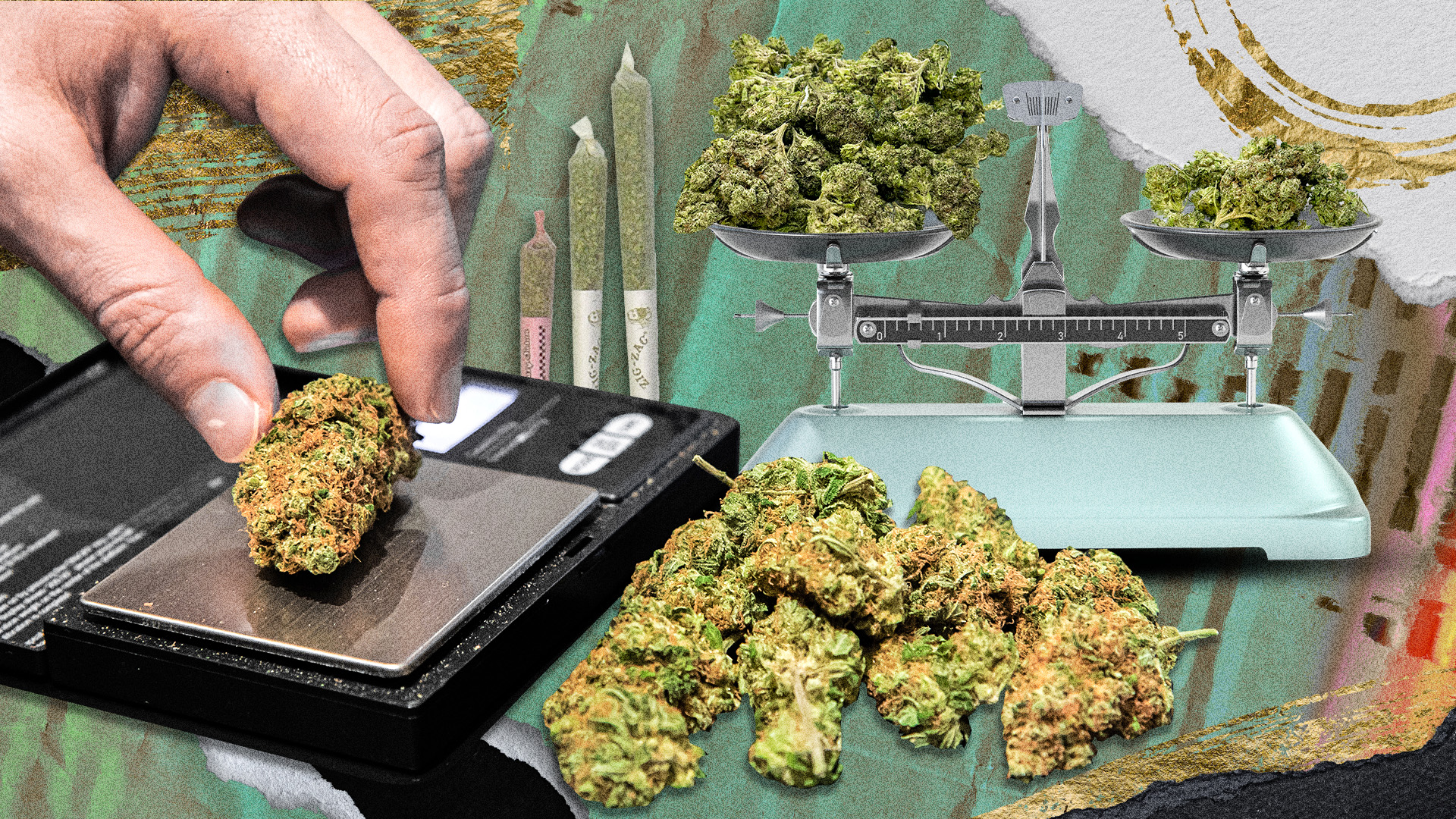In a landmark decision, the California Senate recently passed a bill prohibiting employers from questioning job applicants about their past marijuana use. This marks a significant milestone in the broader shift towards recognizing cannabis as a legal substance and adjusting employment practices accordingly.
The implications of this legislative change extend far beyond California, highlighting the importance of understanding and adapting to this rapidly changing landscape. Let’s explore more about this historic law and what it means for millions of qualified job applicants nationwide.
Overview of the New California Legislation
The bill, advocated by Sen. Steven Bradford, effectively prohibits employers from inquiring about job applicants’ prior cannabis use. The journey of this legislation, from its inception to approval, saw it pass through four committees before securing a decisive 29-9 floor vote in the Senate. Now, it heads to the Assembly for further consideration.
In the wake of the expanding marijuana legalization movement, employment policies related to cannabis use are experiencing significant transformation across the U.S. In a striking development, Michigan is considering the elimination of pre-employment marijuana drug tests for the majority of government job seekers. Simultaneously, they are exploring retroactively revoking penalties for those who previously tested positive for THC.
Washington State has recently added its name to the list of states providing comprehensive protections for workers against employment discrimination based on lawful marijuana use. Following Nevada’s footsteps, they now safeguard job applicants from being rejected due to a positive marijuana test. Likewise, New York has implemented extensive employment protections for adults legally using marijuana outside work hours and premises.
In New Jersey, four police officers are preparing to challenge their dismissal for testing positive for marijuana, despite statewide legalization and legal advice from the state attorney general. This case underscores the need for clarity in implementing cannabis-related employment policies.
At the federal level, the U.S. Department of Transportation (DOT) has made critical changes to its drug testing rules, potentially impacting federally regulated transit workers, including truck drivers, commercial drivers, and pilots, who use marijuana during their personal time.
Why You Should Get Your Medical Marijuana Card
Veriheal has satisfied millions of patients nationwide by giving them access to these benefits
- Larger purchase limits
- Peace of mind
- Enhanced legal protection
- Access to higher potency strains
- Save up to 25% on cannabis purchases
- Skip the line at the dispensary
Similarly, the Bureau of Alcohol, Tobacco, Firearms and Explosives (ATF) has revised its employment policies. Now, those who have previously participated in state-legalized marijuana activities while holding a public responsibility role will not be automatically barred from consideration, while those violating state laws remain ineligible.
Previous Legal Context
Before this new legislation, California had already taken steps to protect employees who use cannabis lawfully outside of work hours. Last session, a law was passed prohibiting employers from discriminating against someone based on off-duty marijuana use or drug tests revealing cannabinoid metabolites. This included decisions around hiring, termination, and other conditions of employment. The newly passed bill builds upon these protections, extending them to the pre-employment phase by prohibiting questions about an applicant’s past cannabis use.
Impact on Federal Employment and Security Clearances
Historically, the presence of strict marijuana policies made it difficult for prospective federal employees, particularly those seeking positions requiring security clearances. Federal employers have often outright rejected applications due to past marijuana use or investments in cannabis-related ventures. However, the evolving landscape now sees employers exercising more discretion.
For instance, the director of national intelligence suggested in 2021 that past cannabis use or investments shouldn’t result in the automatic rejection of security clearance applications. This shift is evidence of a slowly changing attitude towards cannabis within the federal employment sector, but the policies still remain a deterrent for some. Recent surveys indicate that 30% of individuals between the ages of 18 and 30 have either declined to apply or withdrawn applications for federal jobs due to these strict marijuana policies, highlighting the real-world implications of these rules.
Future Implications
Upon the bill’s potential signing by Governor Gavin Newsome, the law is expected to take effect on January 1, 2024, the same day as the previously passed cannabis employment protections. This means that job seekers in California can expect a more unbiased hiring process free from judgment or penalty related to their lawful, off-duty use of cannabis.
On the other hand, employers will need to adjust their hiring practices, removing any queries about past marijuana use from their application and interview processes. The ripple effects of this change promise a shift in the employment landscape in California and potentially even further beyond, marking a significant stride in the ongoing effort to bring employment practices in line with the realities of legalized cannabis use in America.
The Bottom Line
In conclusion, the passing of the bill by the California Senate is a substantial stride towards eradicating the stigma and penalties associated with past cannabis use in the employment process. The law, once in effect, promises to reshape the employment landscape not only in California but also potentially across the nation. It forms a part of a larger narrative of shifting attitudes toward cannabis use in both the state and federal employment sectors.
However, it’s essential to recognize that we are still navigating the complexities of these changes. As the landscape of marijuana laws and employment protections continues to evolve, it will undoubtedly present new challenges and opportunities, warranting ongoing dialogue, scrutiny, and adaptation to ensure fairness in employment practices nationwide.
Author, Share & Comments
















